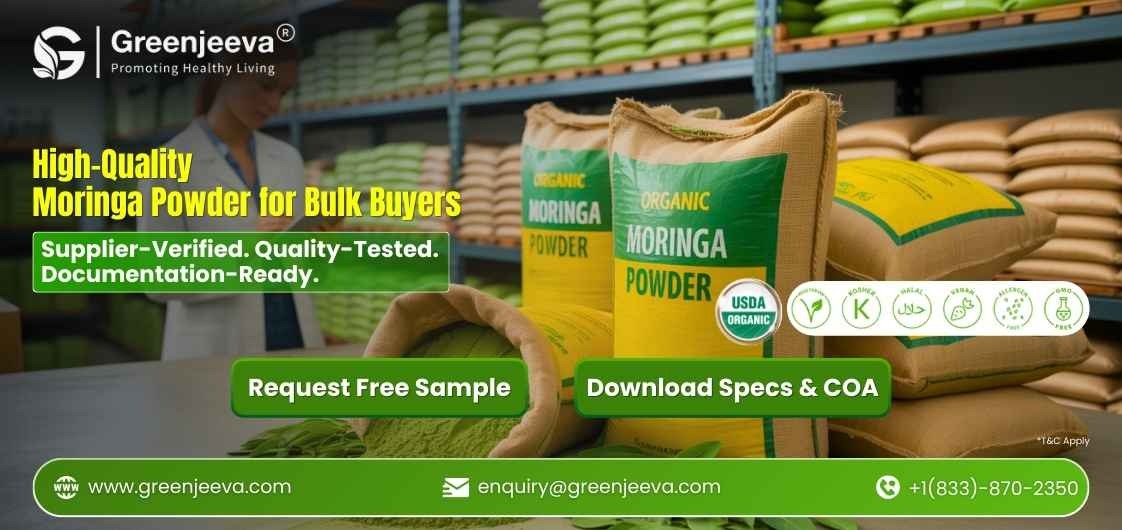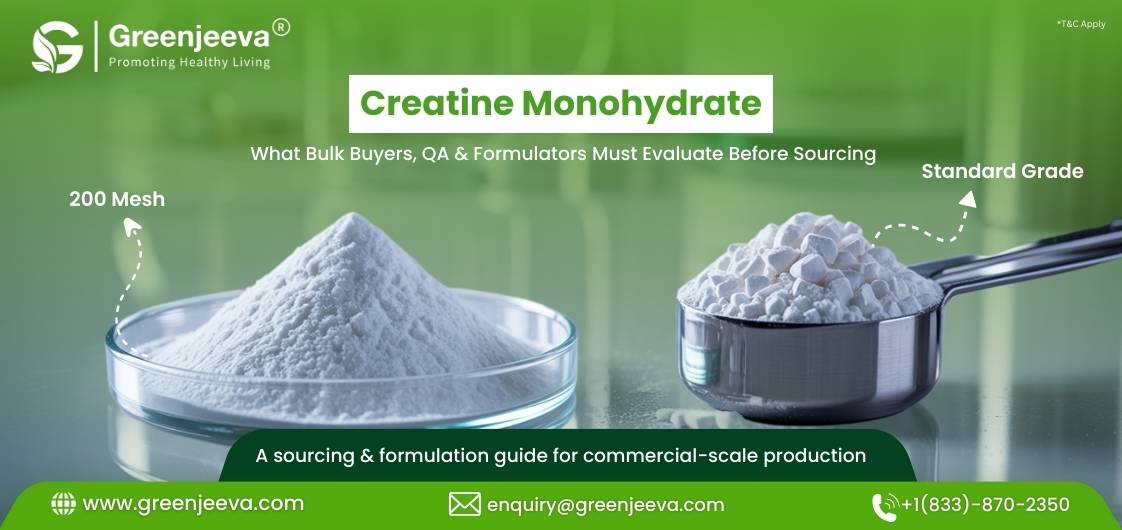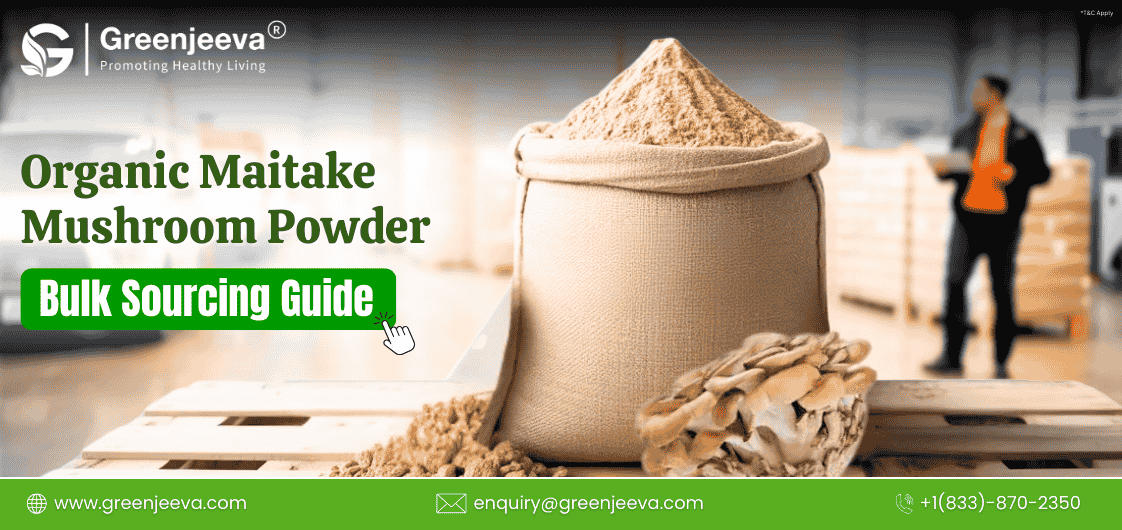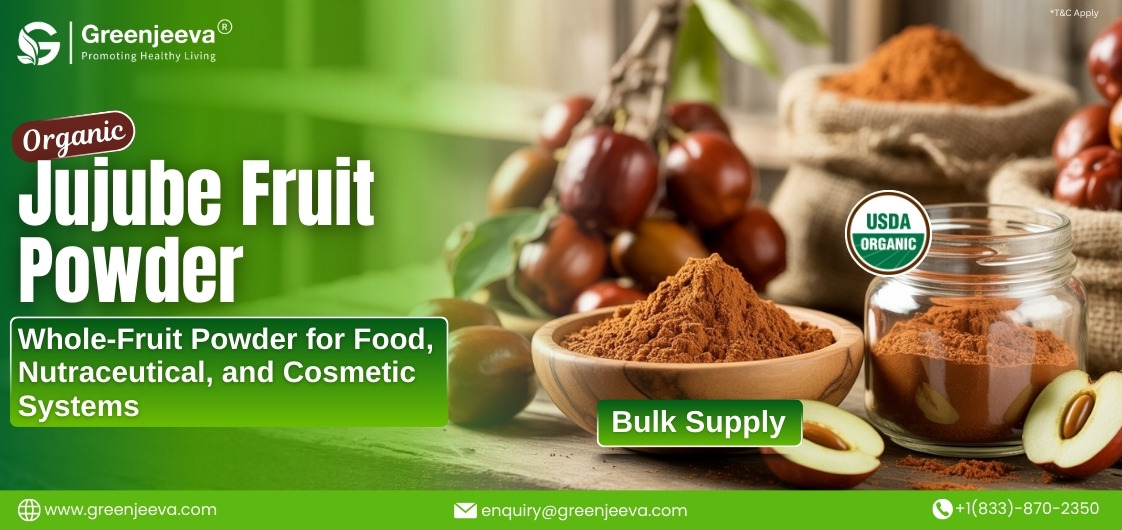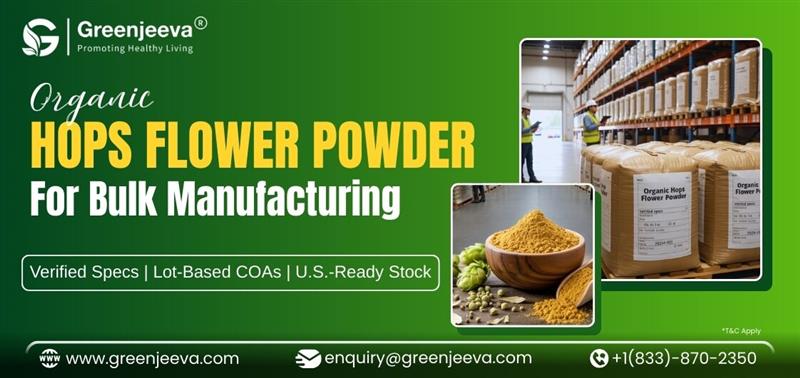Conventional vs. Organic Horsetail Extract Powder: Making the Right Choice

In the world of natural ingredients, horsetail extract powder has gained significant traction for its versatile applications in skincare, hair care, and even dietary supplements. As a business owner or product developer, you're faced with a crucial decision: should you opt for conventional or organic horsetail extract? Let's dive into the key differences and considerations to help you make an informed choice.
Understanding Horsetail Extract
Before comparing conventional and organic options, let's briefly touch on horsetail extract. Derived from the Equisetum arvense plant, horsetail extract is prized for its rich mineral content, particularly silica. It is known for its potential benefits in strengthening hair and nails.
Conventional Horsetail Extract: The Tried and True
Conventional horsetail extract has been a staple in the industry for years. Here's what you need to know:
Cost-Effective: Conventional extracts are generally more affordable, making them an attractive option for businesses looking to manage costs.
Consistent Supply: Conventional extracts often have a more stable supply chain due to fewer restrictions on growing methods.
Standardized Potency: Many conventional extracts undergo processes to ensure a consistent concentration of active compounds.
Potential for Higher Yields: Conventional farming methods may produce higher crop yields and a more abundant extract supply.
However, conventional methods may involve synthetic pesticides and fertilizers, which some consumers are wary of.
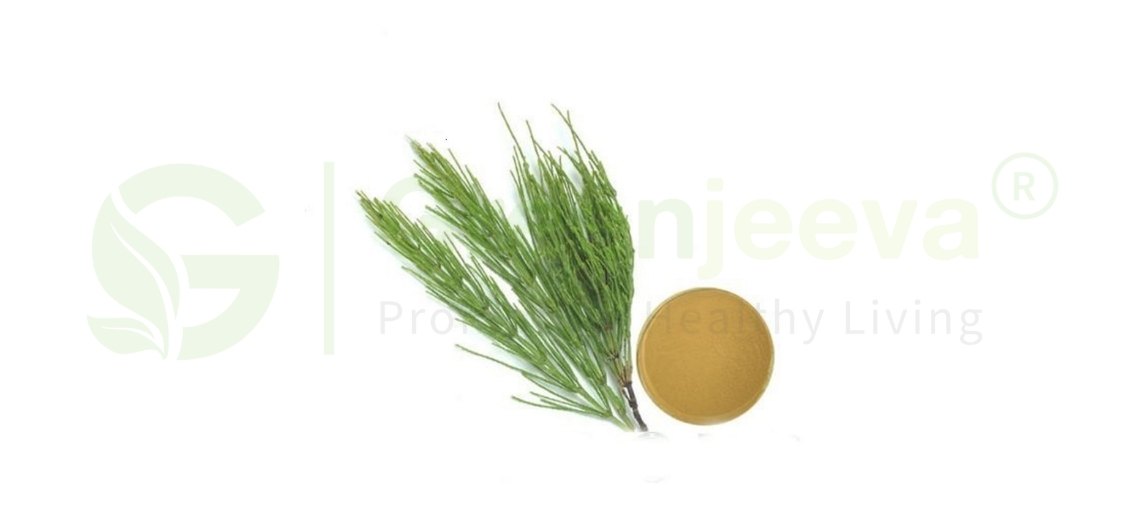
Organic Horsetail Extract: The Green Revolution
Organic horsetail extract has been gaining popularity, riding the wave of increased consumer demand for natural and sustainable products. Here's what sets it apart:
Chemical-Free Cultivation: Organic horsetail is grown without synthetic pesticides or fertilizers, appealing to environmentally conscious consumers.
Potential for Higher Quality: Some studies suggest that organically grown plants may have higher concentrations of certain beneficial compounds.
Strict Certification Process: Organic certification ensures adherence to specific standards, which can be a strong selling point for your products.
Eco-Friendly: Organic farming practices are generally considered more sustainable and better for the environment.
The trade-off? Organic extracts often come with a higher price tag and may have more variable availability due to stricter growing conditions.
Factors to Consider When Choosing
When deciding between conventional and organic horsetail extract, consider these key factors:
Target Market: Are your customers particularly concerned about organic certification? Some markets place a higher value on organic ingredients.
Price Point: Can your product absorb the potentially higher cost of organic extract without compromising profitability?
- Supply Chain Stability: How important is a consistent, year-round supply to your production schedule?
Regulatory Compliance: Depending on your industry and target markets, specific regulations regarding conventional vs. organic ingredients may exist.
Brand Identity: Does using organic ingredients align with your brand's values and messaging?
Product Formulation: Will choosing between conventional and organic extract affect your product's efficacy or shelf life?
The Bottom Line
There's no one-size-fits-all answer when choosing between conventional and organic horsetail extract powder. Both options have their merits, and the right choice depends on your specific business needs, target market, and overall brand strategy.
Many successful companies find a balance, offering product lines using conventional and organic ingredients to cater to different consumer preferences and price points.
Ultimately, the decision should align with your business goals, customer expectations, and commitment to quality. Whichever route you choose, ensure you're sourcing from reputable suppliers who can provide detailed information about their extraction processes and quality control measures.
Remember, the world of natural ingredients is ever evolving. Stay informed about the latest research and market trends to ensure your choice continues to serve your business and customers well into the future.
**The Food and Drug Administration has not evaluated these statements. This product is not intended to diagnose, treat, cure, or prevent any disease.**
Know more of our other product: Bladderwrack Extract Powder 10:1, Boldo leaves Powder, Borotutu Bark Powder, Boswellia serrata Extract Powder 65% Boswellic Acid Titration , Black walnut hull extract powder 10:1 , Zhejiang Fritillary Bulb Powder, Zinc Glycinate Powder,Bupleurum Powder, Burdock Root Extract Powder 10:1, Cabbage Powder


